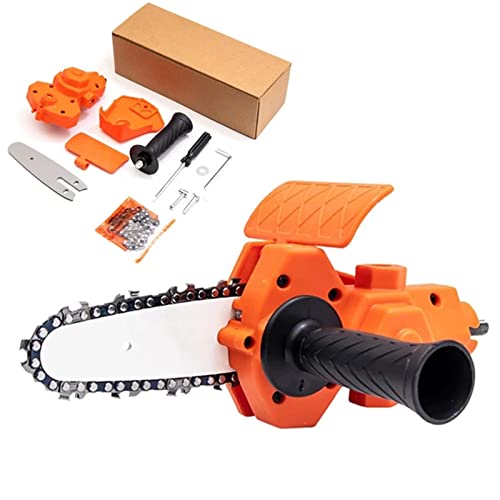Husky137
Addicted to ArboristSite
juststumps said:from what i've heard,, the new 2007 models,, if you use the older diesel, or heating oil,, it will void the waranty.. all 2007 diesel vehicles will have catalytic converters on them.. and the older fuels will clog them... clogged cat = voided waranty...
When I was filling up the truck the other day I noticed stickers on all the diesel pumps that said don't put this in your truck if you have a 2007, except that the sticker was in more eloquent legalese.
























































